Our long-time Board member, Rev. Rudy Pulido had his Letter to the Editor published in the St. Louis Post-Dispatch, June 1, 2023:
In a fe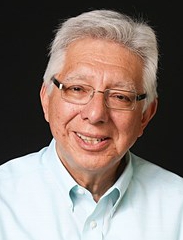 w weeks, our nation will celebrate its birthday. America’s foundation is based on the Constitution, which our forefathers refused to accept without the inclusion of the 10 amendments called the Bill of Rights. The first of these rights reads, “Congress shall make no law respecting an establishment of religion or prohibit the free exercise thereof”. In a letter written by Thomas Jefferson to a church group, Jefferson saw the phrase as a wall that separates church and state.
w weeks, our nation will celebrate its birthday. America’s foundation is based on the Constitution, which our forefathers refused to accept without the inclusion of the 10 amendments called the Bill of Rights. The first of these rights reads, “Congress shall make no law respecting an establishment of religion or prohibit the free exercise thereof”. In a letter written by Thomas Jefferson to a church group, Jefferson saw the phrase as a wall that separates church and state.
The wall is a unique contribution to the welfare of our country. Without it, people of faith, even those within the Christian faith, could become subject to a particular expression of faith. Because of deep convictions people of faith have about their particular expression, we can easily imagine the chaos that would result from any law written by and in favor of a specific religious group.
We are grateful our nation’s forefathers knew the history of the sufferings of individuals where the separation of church and state was nonexistent and also knew their Bible. Maybe it’s time for some of our legislators and members of the judiciary to pick up a history book and a Bible and read both.
Rev. Rudy Pulido St. Louis
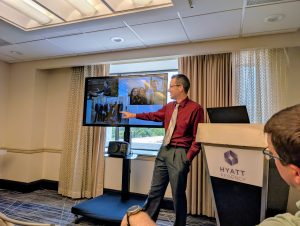 The 2025 Cooperative Baptist General Assembly was held in St. Louis on June 24-26, and we were pleased to be the local AU Chapter. Two of our Board members are Cooperative Baptists and both President Cynthia Holmes and Brian Kaylor made presentations. Brian is shown during his talk about how to testify on church/state issues at your state legislature. Church/state issues were prominent at the meeting, including the danger posed by Christian nationalism.
The 2025 Cooperative Baptist General Assembly was held in St. Louis on June 24-26, and we were pleased to be the local AU Chapter. Two of our Board members are Cooperative Baptists and both President Cynthia Holmes and Brian Kaylor made presentations. Brian is shown during his talk about how to testify on church/state issues at your state legislature. Church/state issues were prominent at the meeting, including the danger posed by Christian nationalism.
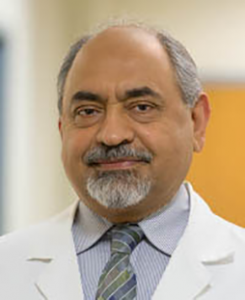
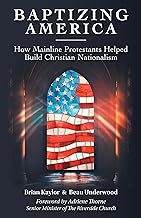 The Religious Communications Council gave its top award to our Brian Kaylor and his 2024 book, “Baptizing America”, which describes the role of mainline and progressive Christians in building Christian Nationalism. Brian also won an awards for his editorial, “When Jesus Becomes a MAGA Rallying Cry” and for his photo essay, “Our Lord in the Attic”. We are very proud to have Brian on our Board. He is also Vice Chair of the AU Board of Trustees.
The Religious Communications Council gave its top award to our Brian Kaylor and his 2024 book, “Baptizing America”, which describes the role of mainline and progressive Christians in building Christian Nationalism. Brian also won an awards for his editorial, “When Jesus Becomes a MAGA Rallying Cry” and for his photo essay, “Our Lord in the Attic”. We are very proud to have Brian on our Board. He is also Vice Chair of the AU Board of Trustees. Wow! This was a really great meeting at The Center of Clayton, featuring Missouri State Senator Tracy McCreery and House member Brian Mackey, who filled us in on the Jefferson City circus and what they are trying to do about it. especially with respect to critical church/state bills. It was lively discussion with a group of about thirty members and friends. We elected some new Board members, and it was announced that Rob Boston, editor of AU’s Magazine, “Church and State” will be the speaker at our annual picnic. You shoulda been there!
Wow! This was a really great meeting at The Center of Clayton, featuring Missouri State Senator Tracy McCreery and House member Brian Mackey, who filled us in on the Jefferson City circus and what they are trying to do about it. especially with respect to critical church/state bills. It was lively discussion with a group of about thirty members and friends. We elected some new Board members, and it was announced that Rob Boston, editor of AU’s Magazine, “Church and State” will be the speaker at our annual picnic. You shoulda been there!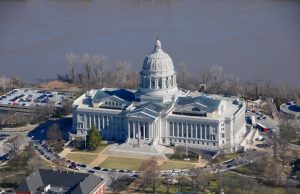 We strongly supported the petition effort to repeal the current no-exceptions ban on abortions in Missouri, which we learned on 9/11/2024 will be on the November ballot!
We strongly supported the petition effort to repeal the current no-exceptions ban on abortions in Missouri, which we learned on 9/11/2024 will be on the November ballot!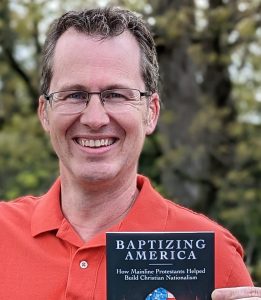 Our Board Member (also AU national treasurer), Brian Kaylor, is coauthor with Beau Underwood of a new book about religious freedom in America. The full title is “Baptizing America: How Mainline Protestants Helped Build Christian Nationalism”. It provides the AU perspective on the alarming growth of Christian Nationalism. Its thesis is that Christian Nationalism is not just a recent aberrant creation of the right wing, but a consequence of years and decades of encroachment on religious freedom by organizations that are often viewed as benign, the “apple pie” denominations such as the Baptists, Methodists, Presbyterians, and others. The narrative is very up-to-date, but also provides the history of the foundational events that have led to our current uncomfortable situation. The book is published by Chalice Press and is available everywhere.
Our Board Member (also AU national treasurer), Brian Kaylor, is coauthor with Beau Underwood of a new book about religious freedom in America. The full title is “Baptizing America: How Mainline Protestants Helped Build Christian Nationalism”. It provides the AU perspective on the alarming growth of Christian Nationalism. Its thesis is that Christian Nationalism is not just a recent aberrant creation of the right wing, but a consequence of years and decades of encroachment on religious freedom by organizations that are often viewed as benign, the “apple pie” denominations such as the Baptists, Methodists, Presbyterians, and others. The narrative is very up-to-date, but also provides the history of the foundational events that have led to our current uncomfortable situation. The book is published by Chalice Press and is available everywhere. w weeks, our nation will celebrate its birthday. America’s foundation is based on the Constitution, which our forefathers refused to accept without the inclusion of the 10 amendments called the Bill of Rights. The first of these rights reads, “Congress shall make no law respecting an establishment of religion or prohibit the free exercise thereof”. In a letter written by Thomas Jefferson to a church group, Jefferson saw the phrase as a wall that separates church and state.
w weeks, our nation will celebrate its birthday. America’s foundation is based on the Constitution, which our forefathers refused to accept without the inclusion of the 10 amendments called the Bill of Rights. The first of these rights reads, “Congress shall make no law respecting an establishment of religion or prohibit the free exercise thereof”. In a letter written by Thomas Jefferson to a church group, Jefferson saw the phrase as a wall that separates church and state.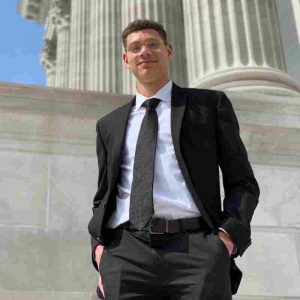 This well-crafted op-ed appeared in the Sunday, November 27 edition of the St. Louis Post-Dispatch. It was written by Gray Fuller, a senior at John Burroughs School. The link is
This well-crafted op-ed appeared in the Sunday, November 27 edition of the St. Louis Post-Dispatch. It was written by Gray Fuller, a senior at John Burroughs School. The link is